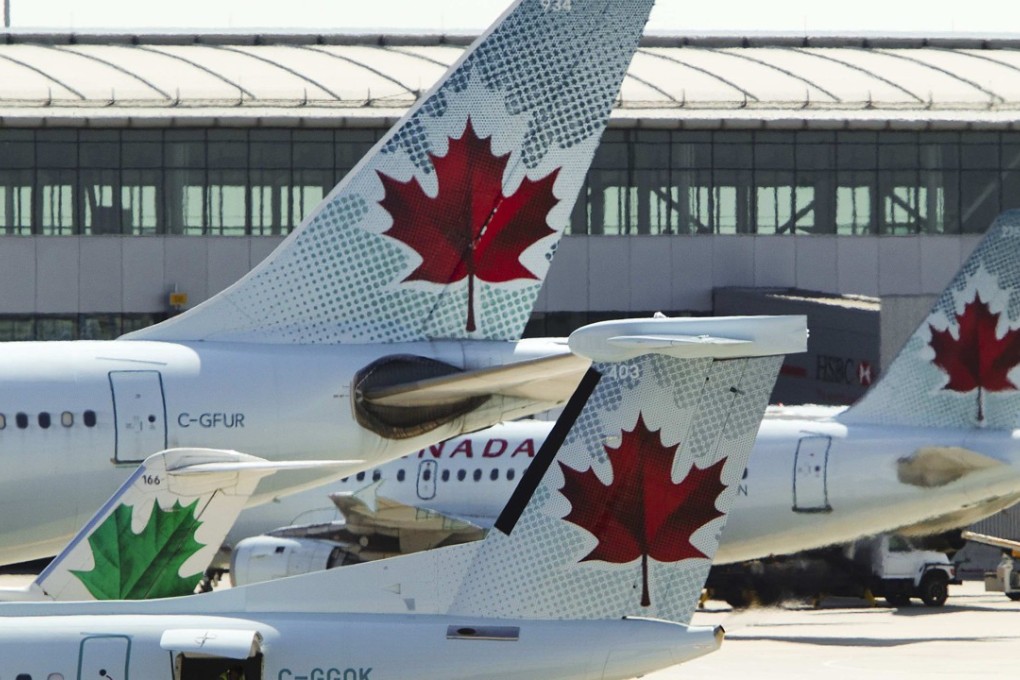
Unfair visa rule for immigrants from mainland
In March, my wife and I planned to fly to Portland, Oregon in the US via Vancouver, but we could not board the Air Canada flight because my wife did not have a visa to Canada.
It is unbelievable that Canada required visas for passengers who would simply connect flights in Vancouver airport. Passengers with Hong Kong SAR or PRC passports are exempted from this visa requirement. But my wife had a Document of Identity for Visa Purposes (DI) as she recently immigrated from mainland China. So, she was treated by the Canadian government as someone without a proper passport and could not lay over without a visa.
There are at least half a million Hong Kong residents like her who have to carry DIs and need visas to travel to nearly every country in the world including connecting flights.
The central and Hong Kong governments should help DI holders travel more conveniently around the world by asking more governments to recognise a DI as a proper passport and grant DI holders visa exemptions.
New immigrants from the mainland should not lose their freedom of international travelling for seven years (until they are eligible for Hong Kong SAR passports) simply because they choose Hong Kong as their new homes.
Simon Wang, Kowloon Tong